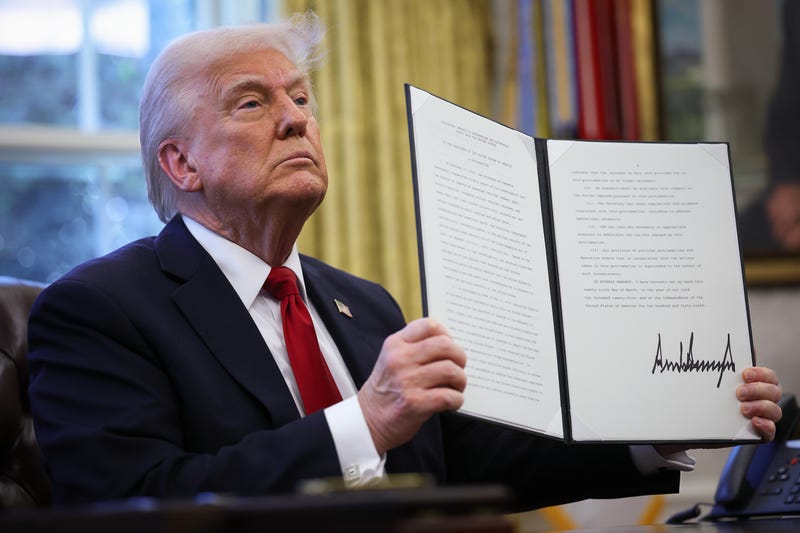
If you're planning to buy a new car, President Trump's tariffs will likely cause you to pay more.
According to Kelley Blue Book, those tariffs could increase car prices by as much as $6,000 for vehicles priced below $40,000. According to one economist, that's because the tariffs are essentially a federal sales tax.
"In most of these cases, that tax will gradually get onto the final consumer," LSU economics professor Jim Richardson said. "It's like if the state of Louisiana puts a sales tax and raises it from five percent to 10 percent: we will notice it as consumers, and this is what's begin done internationally by the federal government. It's a tax on producers outside of our country, but then it will get here."
Richardson says the United States could try to push the cost of the tariff back on automotive producers, or, he says, car dealers could opt to eat the cost of the tariffs themselves. In either case, Richardson says anyone looking to buy a new car will wind up shouldering the added costs.
"There's almost no way our government can say that (the cost) will be borne by the carmaker in Japan or in Germany or wherever the car is being made," Richardson said.
According to Richardson, even cars manufactured in the United States use some foreign parts, which could cause the prices of those vehicles to rise, too.
"Those parts may certainly be taxed with this tariff regime that the Trump Administration is trying to implement," Richardson said.
Henderson believes the tariffs could create a ripple effect in other parts of the American economy and harm other industries. That's because consumers who are in the market for a new car may decide to pay the added cost and then forgo other major purchases.
"That means something else will be taken out of their budget possibly," Henderson said. "They won't buy the new furniture they're thinking about, or they won't go on the vacation they're thinking about going on. You're going to have a lot of tradeoffs that you have no idea how it's going to work out."
Richardson says dealers have had some time to build up their stock before the tariffs took effect, giving buyers one last chance to make purchases before prices increase. However, he says once that stock wears down, dealers will have to decide if they'll raise their prices or eat the cost of the tariffs. Henderson says this and the potential economic implications stemming from the tariffs create a dilemma for car dealers who have to figure out how to navigate the new tariffs.
In fact, Richardson said dealers may ask themselves one question before deciding how to proceed with the dilemma.
"Is the price so high that I'm going to shut out a lot of buyers, or will buyers say, 'Forget it. We need a new car?'" Richardson said.
